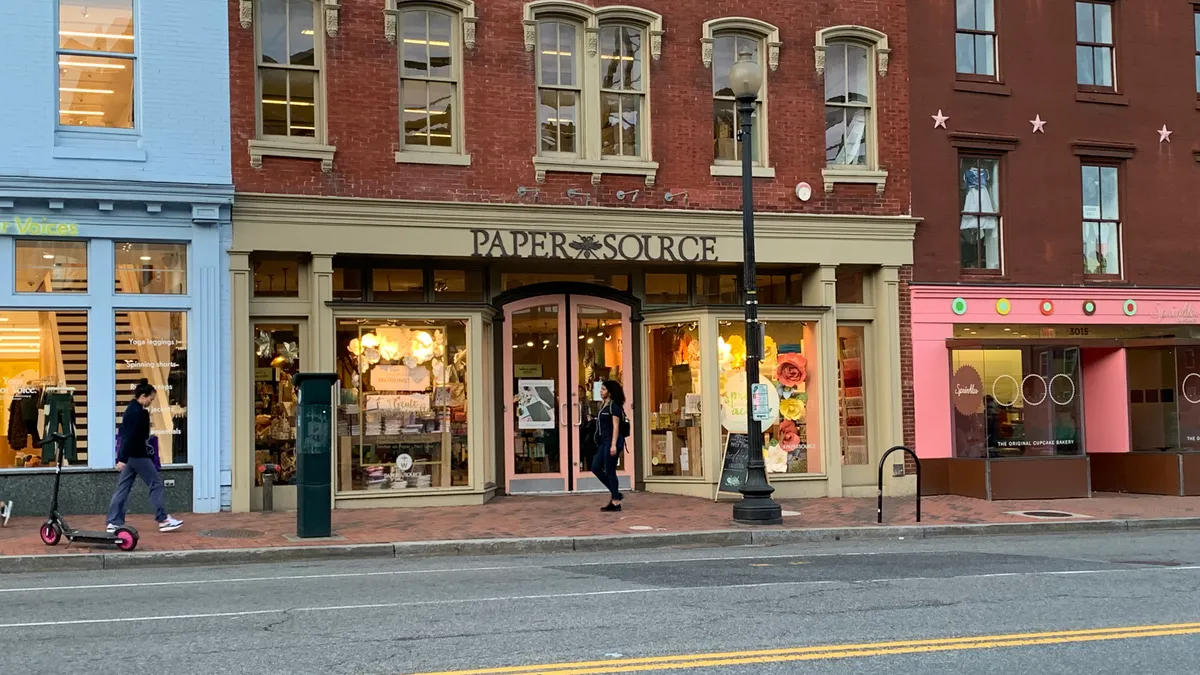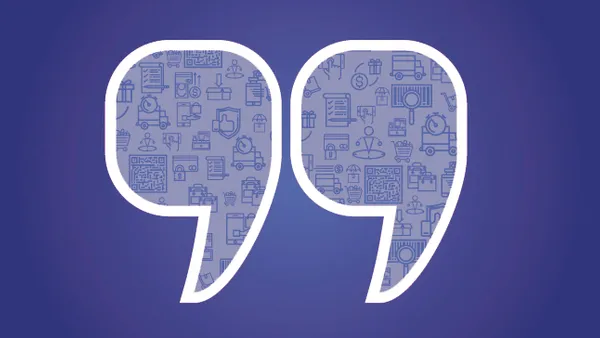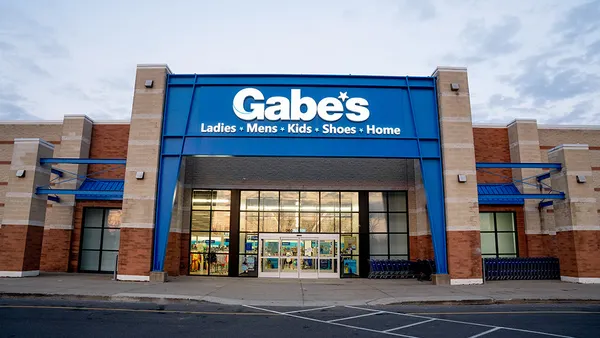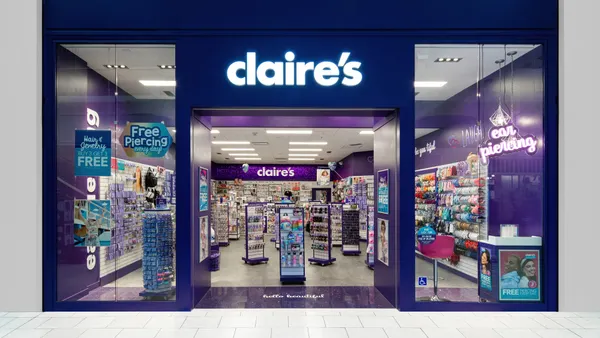Dive Brief:
- Card and gift retailer Paper Source has filed for Chapter 11 bankruptcy with a plan to sell itself and close at least 11 stores.
- The company, which runs 158 stores, has a stalking horse bid from current lenders led by MidCap Financial to buy the company and provide $16.5 million in financing.
- The stalking horse bid is valued at Paper Source's debt obligations, including $16 million for a debtor-in-possession facility and $72.8 million on a first lien facility, according to court papers.
Dive Insight:
Roughly a year ago, Paper Source was a beneficiary of the fall of a rival, the card and stationery store chain Papyrus, which liquidated in early 2020. At the time, Paper Source took over 30 of Papyrus' stores, expanding Paper Source's store fleet by more than 20%.
A couple of weeks after Paper Source announced the store acquisitions, the retail world went through radical upheaval as COVID-19's spread in the U.S. became alarmingly apparent, and discretionary retailers shuttered their stores either by choice or government order.
In the widespread financial disruption that followed, another sector specialist, the Paper Store, filed for bankruptcy and sold itself to a group of investors led by a real estate firm.
Prior to the COVID-19 outbreak, Paper Source had been "enjoying rapid expansion and sustained sales growth," CFO Ronald Kruczynski said in court papers. But, along with its rival and scores of other specialty retailers, Paper Source "sustained deep damage to their finances and operations as a result of the ongoing COVID-19 pandemic," the executive said.
Founded in 1983 by Susan Lindstrom, Paper Source started with a single store in Chicago to "showcase the beauty of handcrafted papers from around the world," according to Kruczynski. Lindstrom grew the retailer to 27 stores by 2007 before selling a majority stake to private equity firm Brentwood Associates.
Under Brentwood's ownership, Paper Source added nearly 25 more stores before being acquired by another private equity firm, Investcorp International in 2013. From there, the retailer's expansion accelerated even more while it also made investments in its omnichannel capabilities.
Based mainly in urban and suburban retail areas — with relatively little concentration in malls — Paper Source focuses on a range of product areas, among them books and journals, bath and beauty, care packages, kitchen essentials, art and craft supplies, wedding invitations and party supplies, among others, Kruczynski noted. The retailer also offers children's art camps, skill workshops, design consultations on wedding invitations and other services. The company, which designs about 40% of its own products, has a wholesale business as well.
Temporarily closing its stores in 2020, and the other effects of the pandemic, led revenue to fall from $153.2 million in 2019 to $104 million in 2020, Kruczynski said. The closures, moreover, hit right at important holidays for the gift seller, including Mother's Day and Easter.
The store closures also meant that Paper Source "never realized the benefits" of acquiring Papyrus' "best leases," which the company paid for with help from an $8 million investment from Investcorp, Kruczynski said.
Adding pressure during the pandemic crisis were the retailer's leases. Kruczynski said that, as of its Chapter 11 filing, Paper Source's outstanding rent obligations stood at $15.8 million.
Continued spread of COVID-19 and occupancy limits on stores in many states have taken a toll on liquidity at Paper Source, which was healthy before the pandemic though highly leveraged, Kruczynski said. Even after loan infusions, by February Paper Source "again found itself in an untenable position with minimum liquidity, and significant lease liabilities that continued to mount each month," according to the CFO.
Now in bankruptcy, Paper Source is looking to turn keys to the company over to lenders, or a higher bidder. While an unfortunate turn, the stalking horse bid shows the lenders still see value in the retailer.
Paper Source aims to hold an auction for its business on April 21 and a sale hearing on April 30.















